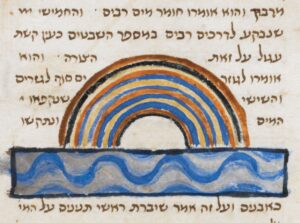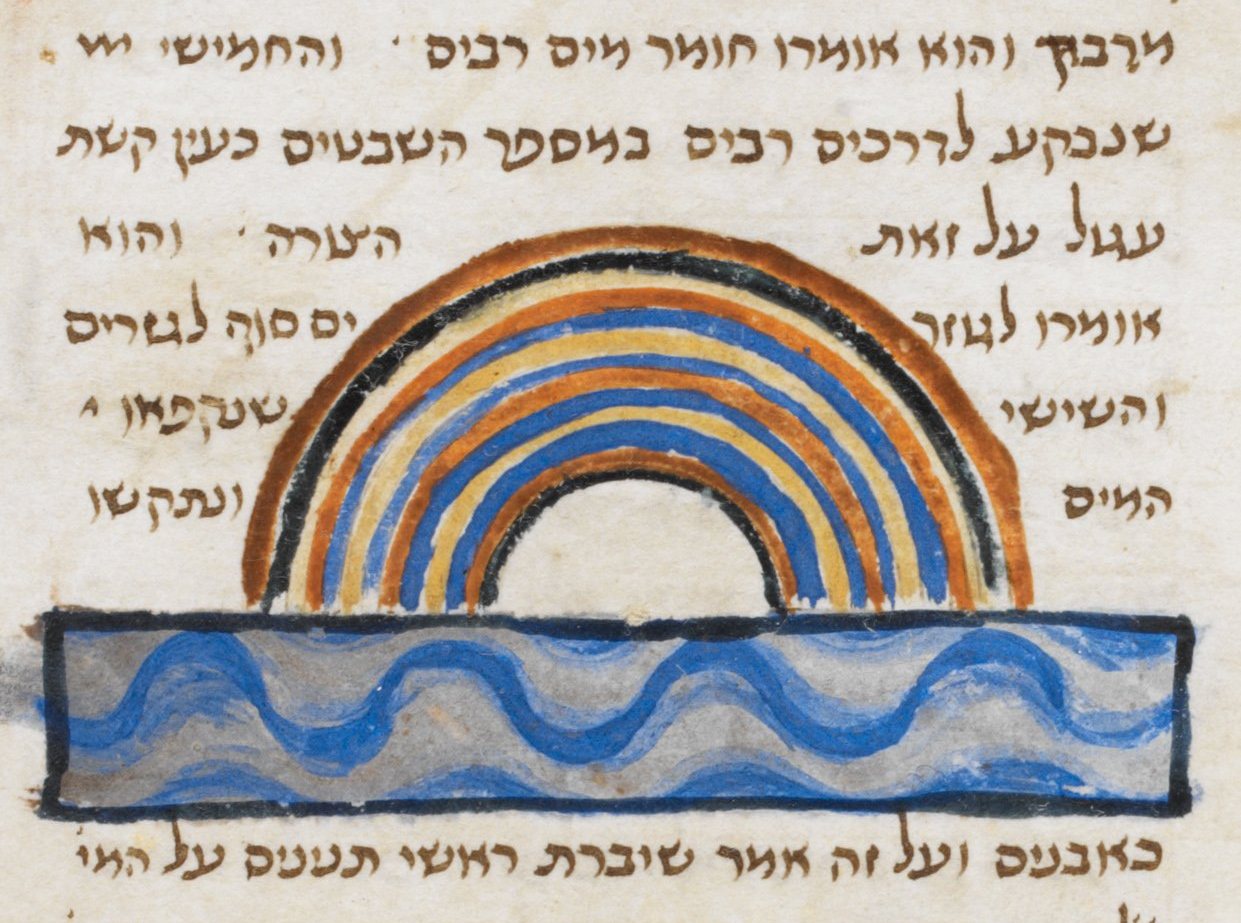This is an archive containing the Song of the Sea (Exodus 15:1-19) and resources related to it. The song is also often referred to by its Hebrew incipit, “Az Yashir…”
🡄 (Previous category) :: 📁 Vayivarekh David Shirat ha-YamFilter resources by Collaborator Name Moshe ben Maimon | Isaac Gantwerk Mayer (translation) | the Mesorah (TaNaKh) | Zalman Schachter-Shalomi (translation) | Unknown | Aharon N. Varady (translation) | Aharon N. Varady (transcription) Filter resources by Tag Atah Hu | אז ישיר Az Yashir | ברית brit | brit milah | circumcision | conflicting messages | devotional interpretation | interpretive translation | Neḥemyah | Nusaḥ Ashkenaz | פסוקי דזמרה pesuqei dezimrah | פיוטים piyyuṭim | קריעת ים סוף qriyat yam suf | safe passage | פרשת בשלח parashat B'shalaḥ | שבת שירה shabbat shirah | שירת הים Shirat haYam | Song of the Sea | symplegades | the Rainbow | Yom Vayosha | 12th century C.E. | 50th century A.M. Filter resources by Category Art & Craft | Brit Milah & Simḥat Bat | Pesaḥ Readings | Parashat b'Shalaḥ | 7th Day of Pesaḥ | Sefer Shemot (Exodus) Filter resources by Language Filter resources by Date Range |



